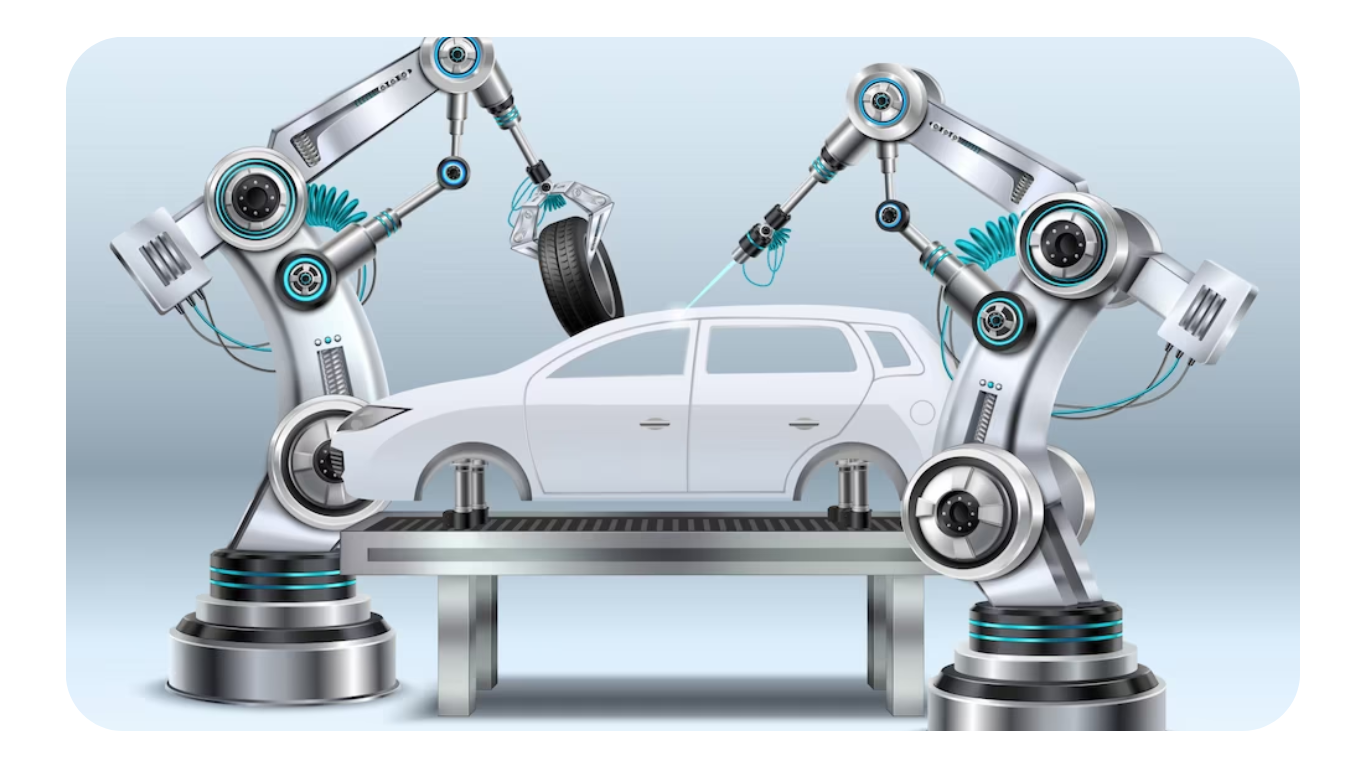
The automotive industry heavily relies on mechanical engineering to drive innovation, enhance vehicle models, perform repairs, and introduce advanced functionalities and safety features. Mechanical engineers are integral members of design, manufacturing, and maintenance teams employed by major automotive manufacturers. If you possess a degree in mechanical engineering, pursuing a career in the automotive industry presents exciting opportunities. In this article, we will explore various automotive industry careers related to mechanical engineering and provide insights to help you navigate this field.
Automotive Technician: Ensuring Vehicle Performance
Automotive technicians play a crucial role in maintaining the mechanical systems, engines, pumps, and other components of production vehicles. Their responsibilities encompass both routine maintenance tasks and repairing damaged or malfunctioning parts. They also provide comprehensive inspection reports to ensure the safe operation of vehicles. Automotive technicians can find employment opportunities with automotive manufacturers, private auto repair shops, or automotive dealerships.
Mechanical Designer: Shaping the Future of Vehicles
Mechanical designers are at the forefront of shaping the automotive industry by creating innovative vehicle models and prototypes. They are responsible for determining the structural layout, materials, dimensions, and weight distribution of vehicles. Additionally, mechanical designers play a pivotal role in defining the functionality and performance characteristics of vehicles, ensuring they meet industry standards and customer expectations.
Quality Assurance Engineer: Upholding Excellence
Quality assurance engineers focus on designing, developing, and implementing effective testing processes and procedures. They ensure that newly developed components or parts meet both the manufacturer’s and customer’s expectations. Quality assurance engineers oversee the testing of new vehicle models or designs, verifying their functionality and performance. By upholding high standards, they contribute to the overall quality and reliability of automotive products.
Manufacturing Engineer: Enhancing Efficiency
Manufacturing engineers are responsible for designing, planning, and executing new manufacturing processes and equipment to facilitate mass vehicle production. They collaborate with teams to develop automation systems that streamline production and create product specifications. The primary objective of manufacturing engineering projects is to improve efficiency and productivity within manufacturing processes, driving continuous improvement across the automotive industry.
Process Engineer: Optimizing Production
Process engineers focus on designing and implementing manufacturing processes that enhance efficiency and reduce costs. They play a crucial role in developing new manufacturing methods, introducing new materials and components, and optimizing procedures. Process engineers work closely with their teams to identify areas for improvement, ultimately enhancing efficiency and effectiveness within the production environment.
Automation Engineer: Innovating with Technology
Automation engineers are at the forefront of technological advancements in the automotive industry. They design, develop, and implement automated systems that optimize manufacturing processes. This includes creating modular components that seamlessly integrate into existing production lines. Automation engineers may also enhance and modify production or testing equipment to improve efficiency or introduce new methodologies. Their expertise in automation contributes to streamlining operations and maximizing productivity.
In conclusion, mechanical engineering plays a pivotal role in the automotive industry, driving innovation, efficiency, and safety. With a degree in mechanical engineering, you can pursue diverse career paths, such as automotive technician, mechanical designer, quality assurance engineer, manufacturing engineer, process engineer, or automation engineer. Embrace the opportunities within the automotive industry and leverage your expertise to shape the future of vehicles.